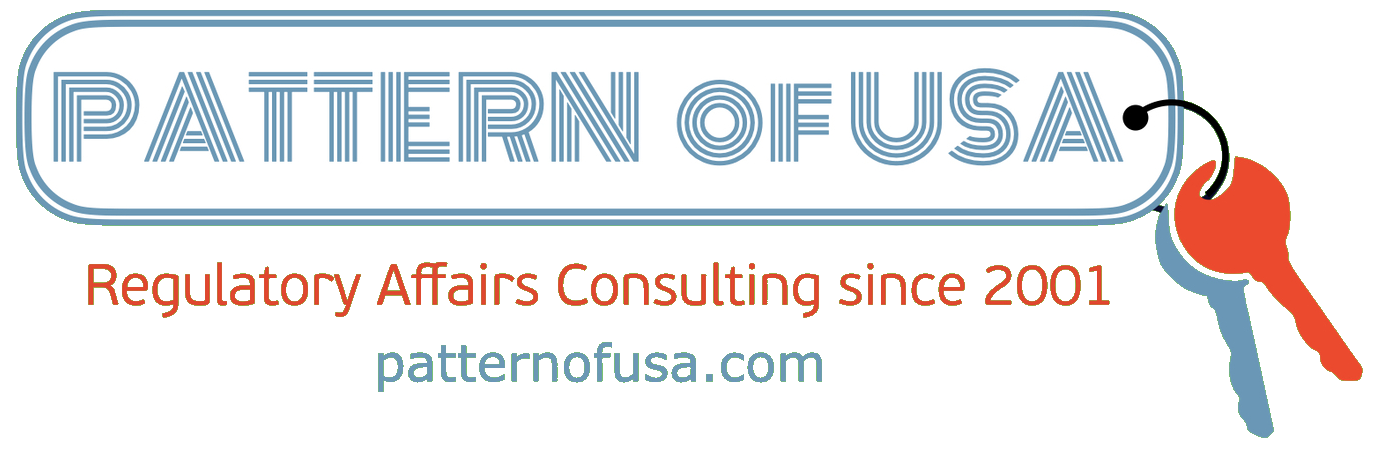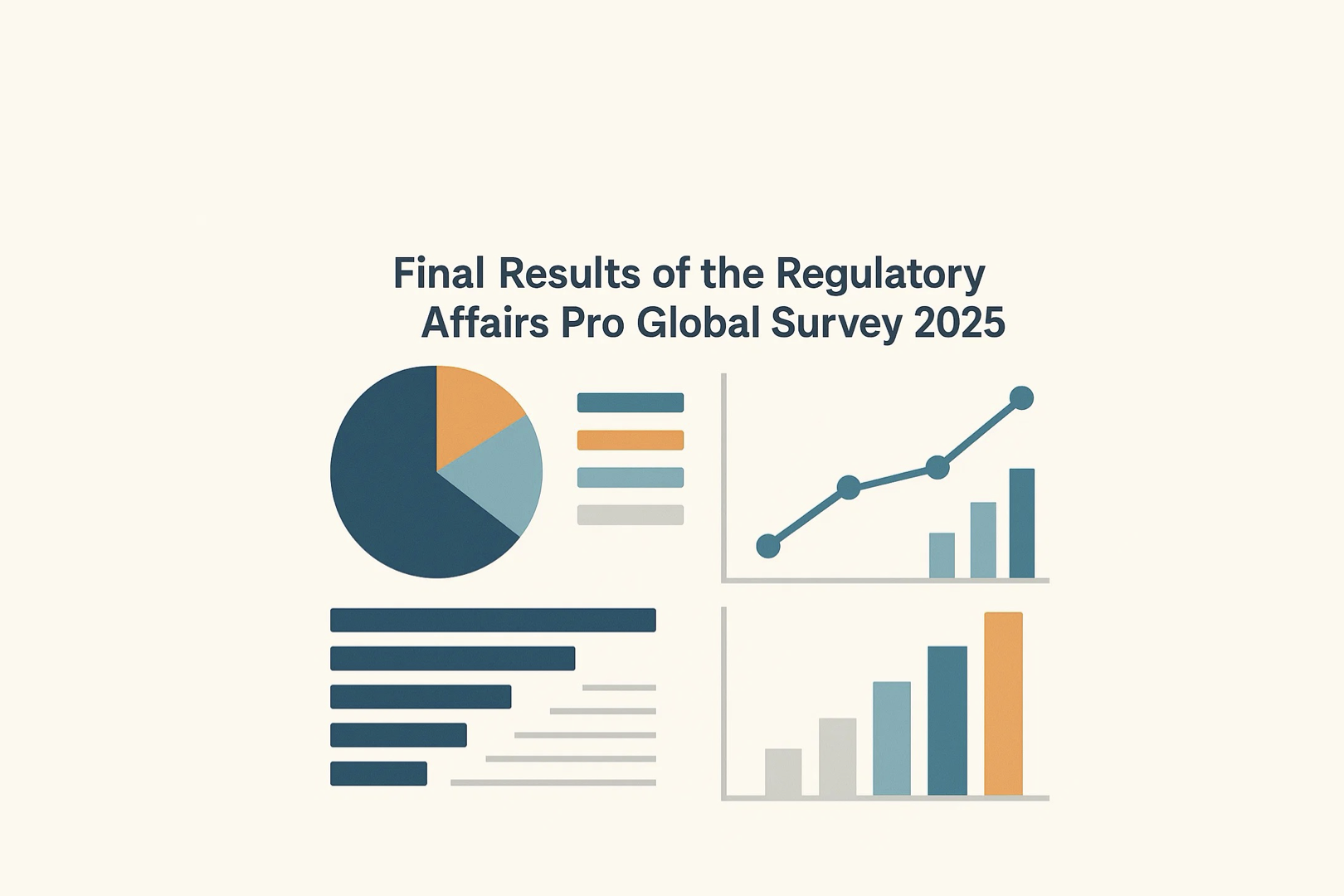Final Results of the Regulatory Affairs Pro Global Survey 2025
|
Executive Summary Respondent Profile |
 |
Professional Relationships and Cross-Functional ChallengesFindings highlight mixed experiences in dealing with national regulatory authorities (NRAs) and internal stakeholders. A recurring theme is commercial urgency clashing with regulatory rigor—what many respondents described as a “Triangle-versus-Square” tension. Regulatory teams frequently face unrealistic timelines, a lack of cross-functional understanding, delays in obtaining critical inputs, and resistance to compliance requirements. |
 |
Job Market Competitiveness, Compensation, and SecurityPerceptions of job-market competitiveness were notably high. Respondents cited barriers to entry-level professionals, difficulty differentiating skillsets, outsourcing trends, and downward pressure on salaries. Compensation was widely viewed as inadequate, with concerns about undervaluation of the RA role, lack of transparency, and stagnant growth compared to rising living costs. Job security appeared mixed, with recurring worries about corporate restructuring, outsourcing, and limited advancement pathways. |
 |
 |
AI Influence and Technological TransformationAwareness of AI’s role in regulatory affairs was moderate, but most professionals anticipated major impacts within five years. Expected benefits included efficiency gains, reduced manual workload, stronger compliance monitoring, and more advanced data analysis. However, concerns remain regarding job displacement, reskilling demands, data reliability, ethical considerations, and privacy. Respondents strongly favored human-in-the-loop oversight and requested practical training formats such as workshops, tool access, and best-practice guidance. |
 |
Respondents’ Feedback and Survey Quality ControlStatistically robust, positively received, and shaping the benchmark for annual insights. With hundreds of professionals worldwide contributing, this report highlights key trends in job security, compensation, AI integration, and regulatory challenges — delivering trusted knowledge for the year ahead. |
 |
| Read the full article on ResearchGate at: Challenges and Perspectives for Regulatory Affairs Professionals in 2025 |

